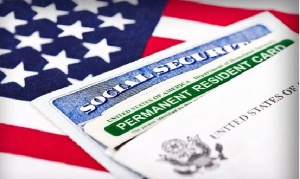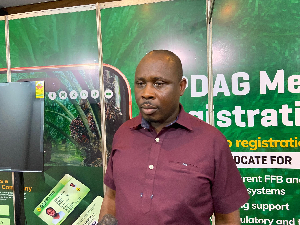All entries made for the US government’s 2019 Diversity Visa Lottery prior to Wednesday across the globe will have to be resubmitted, a statement has said.
The development is due to a “technical issue”. “Any entries submitted before Wednesday, October 18, 2017, will not be considered, and the entrant will need to submit another entry during the new registration period,” the statement issued by the US Embassy in Accra on Wednesday directed.
The new registration period for DV-2019 ends on Wednesday, November 22 at 1700hours GMT. New applicants can only submit one entry in the new window without recourse to previous multiple entries. “Individuals who submit more than one entry during the new registration period will be disqualified.
“All other eligibility requirements remain same.” It is unclear what triggered the “technical issue” but applicants have been cautioned to be vigilant of fraudsters as they are encouraged to always apply themselves. No payment, according to the US government, is made in advance for the application. “Fees for DV application process are paid to the US Embassy cashier at the time of the scheduled appointment if an entry is selected.”
From May, 2018, applicants are expected to receive unique registration numbers to check the status of their entries. “The US Department of State will also confirm visa interview appointments through the Entrant Status Check.”
The US expressed regret over the restart of the process but said this is to “ensure fairness and protect the integrity of the process for all those concerned”. The DV Lottery is a programme that affords persons the opportunity to live, work and study in the US with their families – in some cases – and even become US citizens
General News of Wednesday, 18 October 2017
Source: 3news.com













